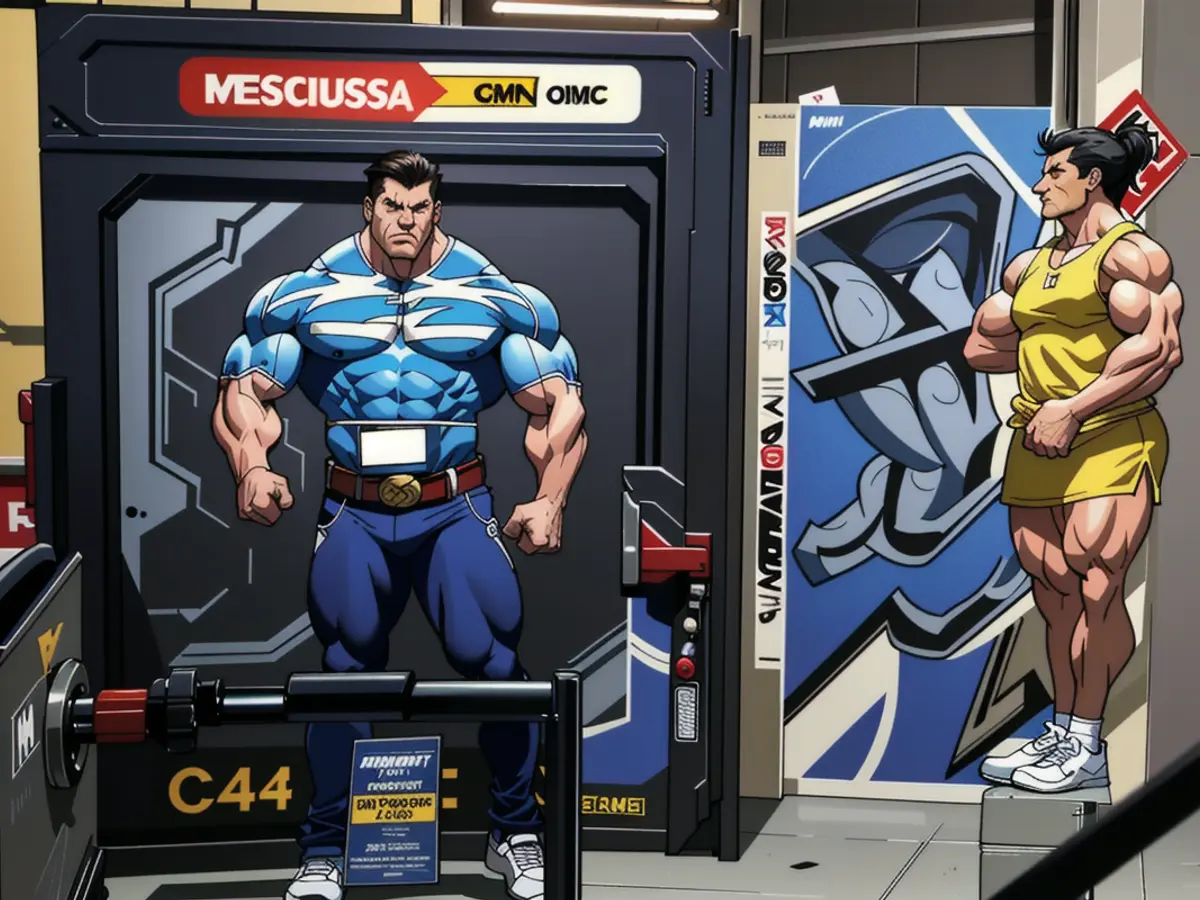Pennsylvania Law Proposal Imposes 16% Tax on Skill Games; Governor Advocates for Higher Tax Rate
April 18, 2025, 12:42h.
Last Updated: April 18, 2025, 12:42h.
By: Devin O'Connor @CasinoorgDevinO For: Asia Pacific Gaming, Commercial Gaming, Politics, Legislation
A fresh debate over skill games heats up in Pennsylvania* Thousands of these controversial gaming machines thrive in the state** Governor Josh Shapiro remains a vocal supporter, pushing for higher tax rates**
The dust has settled on another Pennsylvania skill game bill proposed in Harrisburg—Senate Bill 626—but it appears this legislation is about as likely to secure the governor's support as a lousy hand at poker.
SB626 aims to legalize and regulate skill games, slot-like games with a supposed skill component. In contrast to traditional casino slots, which automatically dispense wins, players must tap winning paylines on skill games. Pennsylvania State Senators Gene Yaw (R-Bradford) and Elder Vogel (R-Beaver) are the main advocates behind this bill. They've previously attempted similar legislation but were hindered by ongoing court cases regarding skill games.
The Supreme Court of Pennsylvania continues to review whether skill games sold under the moniker Pennsylvania Skill are indeed illegal gambling devices under the state's Gaming Act. Despite this legal gray area, Yaw and Vogel believe it's high time for the state to establish a legal framework for the thousands of machines rumbling in the commonwealth.
A vital revenue source for small businesses like convenience stores, taverns, and veterans organizations, these skill games must be greenlit by SB626, asserts Yaw. He emphasized this point via a social media missive this week, following a visit to Miele Manufacturing in Muncy, Pennsylvania—manufacturers of the aforementioned games.
SB626 Outline
SB626 would extend the privilege to operate skill games to businesses holding a state liquor license, nonprofits and fraternal organizations, and retailers selling tobacco and lottery products. Each location can host two skill games for every 500 square feet, capped at five terminals.
Distributors like Pace-O-Matic, makers of Pennsylvania Skill, would need to cough up a $1 million licensing fee, along with annual renewals priced at $100,000. Operators such as Miele would pay an initial $25,000 license fee, with annual renewals at $5,000. Host fees would cost $250 yearly.
SB626 also mandates that the profits from successful skill games be split 40-40 between the host business and operator, while the remaining 20% goes to the distributor. The bill proposes a 16% tax on skill game revenue.
The Casinos and PA Lottery Cry Foul
Pennsylvania's heavily regulated and taxed commercial gaming sector, renowned as one of the richest in the nation, is steadfastly against skill games on the grounds they divert play from casino slots. The state lottery shares similar sentiments on the same reasoning.
SB626's proposed 16% tax is far less than the 54% that casino slots endure and a rather sharp drop compared to the 42% tax rate Governor Josh Shapiro (D) advocated in his February budget proposal. Shapiro, a rising star within the Democratic party, eyeballing a 2028 presidential bid, opines that taxing skill games could furnish the state with a fresh stream of income.
Shapiro's Taxing Strategy
"If we want Pennsylvania to compete and win, we need to address multiple issues at once. Let's tackle the challenge of regulating these so-called skill games. Instead of lining the pockets of underground operators, let's divert some of that cash into our state coffers," Shapiro declared.
In essence, an ongoing battle over skill games persists in Pennsylvania, with a significant divide among key stakeholders. The future of SB626 remains uncertain, and a solution that wins governor approval—and satisfies casino and lottery interests—may still be a waiting game.
Pennsylvania's governor, Josh Shapiro, continues to advocate for increased tax rates on skill games, despite the ongoing debate about their legal status.
Thousands of these skill games, often compared to slot machines, are operating in Pennsylvania, generating revenue for businesses like convenience stores, taverns, and veterans organizations.
Recently, Senator Gene Yaw and Elder Vogel proposed Senate Bill 626, aimed at legalizing and regulating these games. However, the bill faces opposition from Pennsylvania's commercial gaming sector and the state lottery, who argue that skill games divert play from casino slots.
SB626 outlines provisions for the operation of skill games, including licensing fees for distributors and operators, and a proposed 16% tax on skill game revenue.
Governor Shapiro sees this as an opportunity to generate additional income for the state, offering a more lenient tax rate compared to his February budget proposal. He suggests that this tax revenue could be used to fund state projects and compete on a national level.
The Supreme Court of Pennsylvania is yet to rule on the legality of these skill games under the state's Gaming Act. Despite this, SB626's supporters believe it's crucial to establish a legal framework for the thousands of skill game machines in the commonwealth.
Manufacturers of skill games, such as Miele, have voiced their support for SB626, arguing that it would provide clarity and stability for their businesses.
The bill also seeks to extend the privilege to operate skill games to businesses holding a state liquor license, nonprofits, fraternal organizations, and retailers selling tobacco and lottery products. Each location is proposed to host up to five terminals, with a cap of two per 500 square feet.
However, the success of SB626 and its ability to secure the governor's approval while satisfying casino and lottery interests remains uncertain. The ongoing debate highlights the complexities of politics and legislation in the casino-and-gambling industry.





